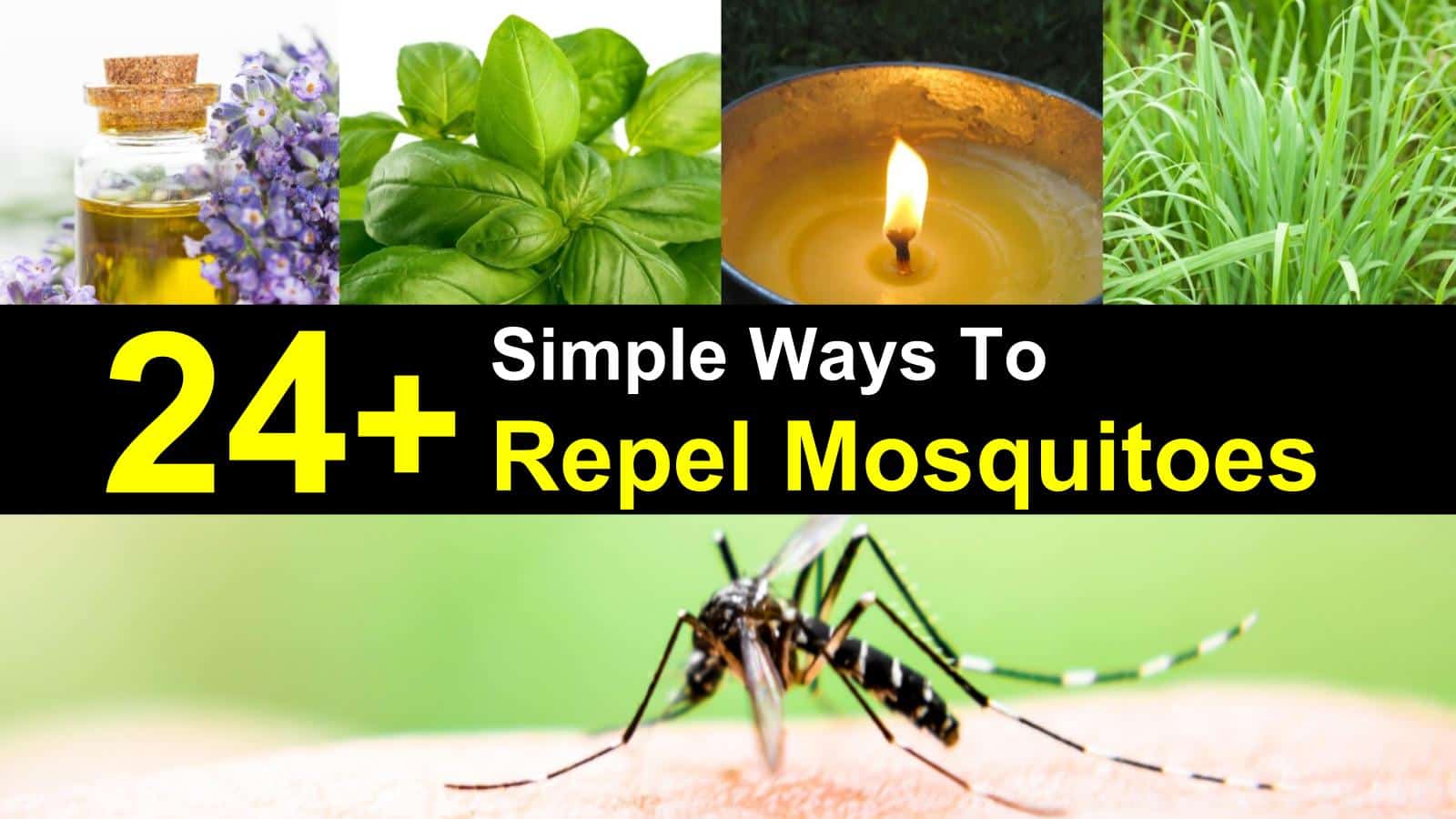Is It Bad If I Take My Allergic Reaction Medicine Year
Content
- Instances Of Medicines For Sneezing.
- Seasonal Allergies: Nip Them In The Bud
- Contrasts With Other Allergic Reaction Medications
- Signs And Symptoms.
- Grass Pollen Allergy
- Medications
- What Causes Allergies Later In Life?

Instances Of Medications For Sneezing.
Plant pollen is much less likely to be around at the exact same time as a virus. Lots of people live fairly secure lives between birth and 18 years of age.
Seasonal Allergies: Nip Them In The Bud
This can be anywhere from younger the adult years, such as in an individual's 20s, to a person's senior years, when they are 70 or 80 years of ages. Normally, if you lived through your 20s as well as your 30s without any brand-new allergies, the opportunities of obtaining adult-onset allergic reactions reduces. Many people with allergies initially establish them as kids or babies. But as they age, some people appear to leave their hay high temperature, pet allergic reactions or even food allergies behind.
Comparisons With Various Other Allergy Medications
Once you understand which allergens are triggering your signs, you can reduce your direct exposure to them. For example, if you're allergic to plant pollen, you can try to stay inside on days when plant pollen matters are high.

- But, there are likewise those individuals that suffer year-round, because they experience several allergy types.
- For example, an individual that has tree allergic reactions might find that their allergic reactions flare even worse in the springtime than various other seasons.
- Individuals that struggle with allergies to mold and also exterior fungi feel their allergies are worse in the late summer season.
- Adenoviruses create health problems like bladder infections, diarrhea, pneumonia, respiratory disease, pinkeye, colds, sleeping sickness, aching throat, as well as meningitis.
- However, an individual that is allergic to ragweed might discover https://freagh06pc.wixsite.com/dominickdgti853/post/uncomfortable-gas-triggers-and-avoidance-while-pregnant that they suffer from a stale nose, coughing, and sneezing in the autumn.
- Adenovirus Adenovirus infections prevail as well as frequently have no symptoms.
Symptoms.
People can additionally lug the feline allergen around on garments, thereby spreading it to function, institution, or a close friend's home. Appropriately, for those that dislike pet cats, it does not minimize the risk of allergic reaction to simply separate the feline in an additional space of your house.
Why did I develop allergies later in life?
Can You Develop Allergies Later in Life? It is certainly possible to develop allergies in adulthood. Adult-onset allergies can occur seemingly out of nowhere due to exposure to new allergens in the environment, family history and changes in the immune system.
Lawn Pollen Allergic Reaction
Learn about common allergic reaction triggers and just how you can prevent an allergic reaction assault. Skin testing for allergies is one of the most common means to figure out if a person is allergic, but sometimes, allergy blood tests are made use of. Both the enzyme-linked immunosorbent assay as well as the radioallergosorbent test are tests to determine allergen-specific antibodies in a blood example. Because the intro of the ELISA test, RAST testing is less typical. Signs and symptoms as well as signs of allergies to interior allergens can just be protected against to the extent that the allergens can be stayed clear of or eliminated from the setting.
However, an individual that dislikes ragweed may discover that they suffer from a stuffy nose, coughing, and sneezing in the autumn. People that experience hatreds mold and mildew as well as outside fungis feel their allergies are even worse in the late summertime. However, there are additionally those people who suffer year-round, because they struggle with multiple allergy types. Adenovirus Adenovirus infections prevail as well as commonly have no symptoms.
